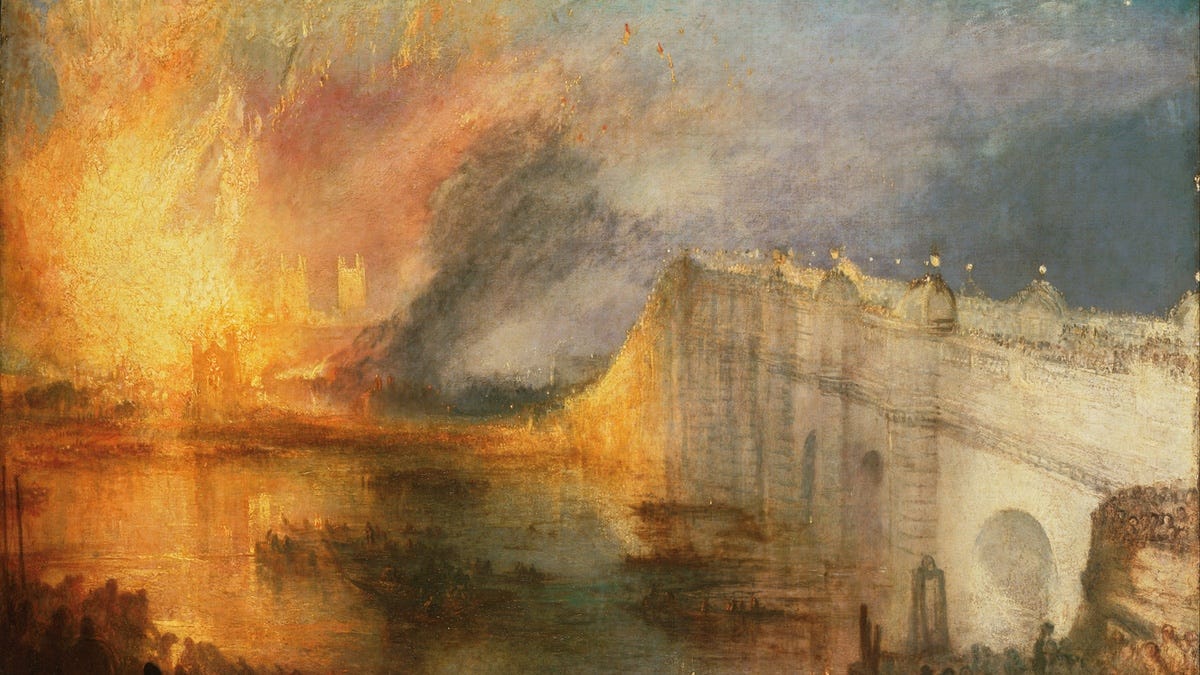Brushfire of the Vanities
Trumpism is proving a lot more effective than I could ever have imagined.
You’re reading this Tuesday note on Wednesday morning at least in part due to President Donald Trump. I had a pretty good sense of what I wanted to write when news about Trump’s meeting with Israel’s Benjamin Netanyahu started to break. By the time I was ready to put finger to keyboard, Trump had announced that the United States would “take over the Gaz…




